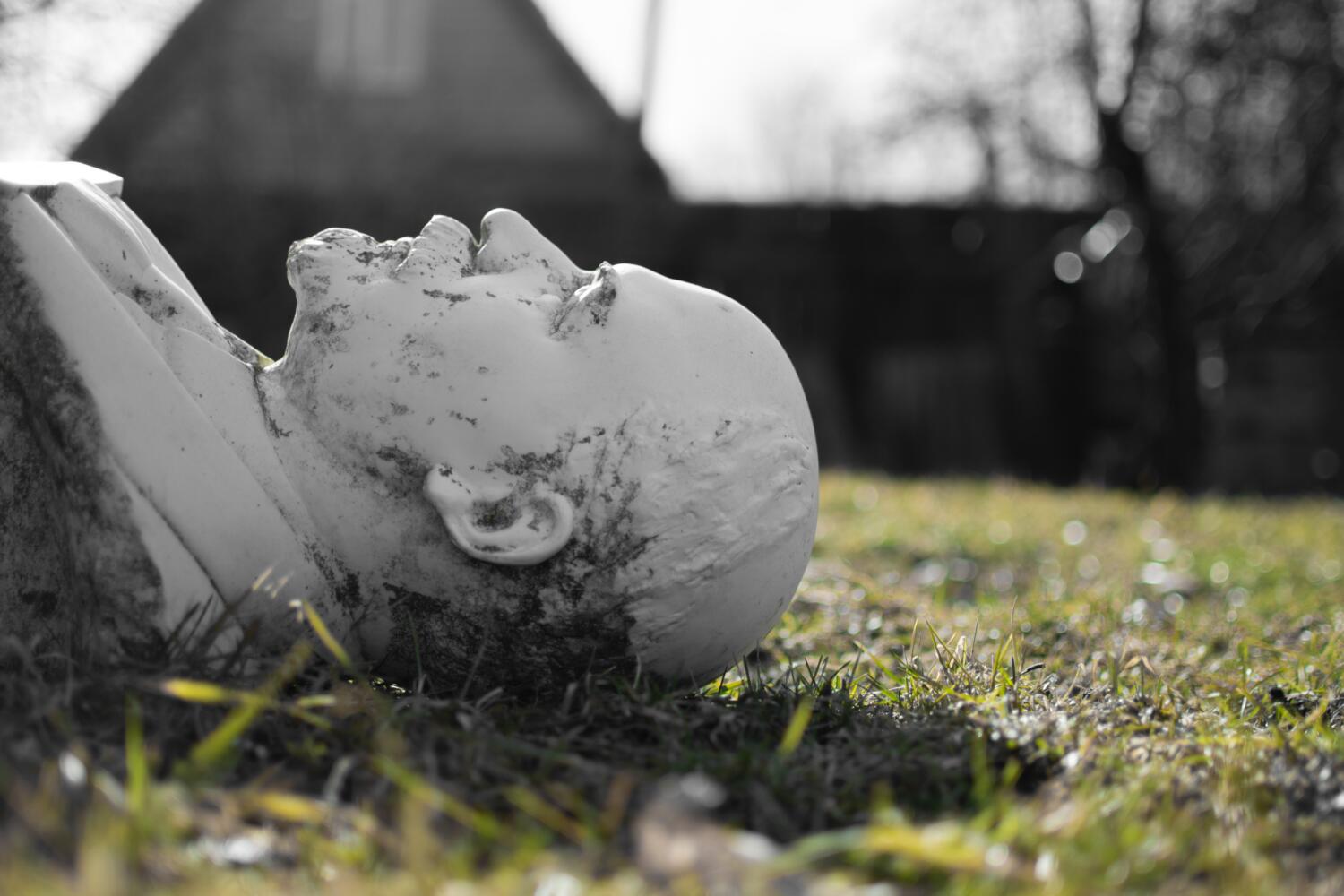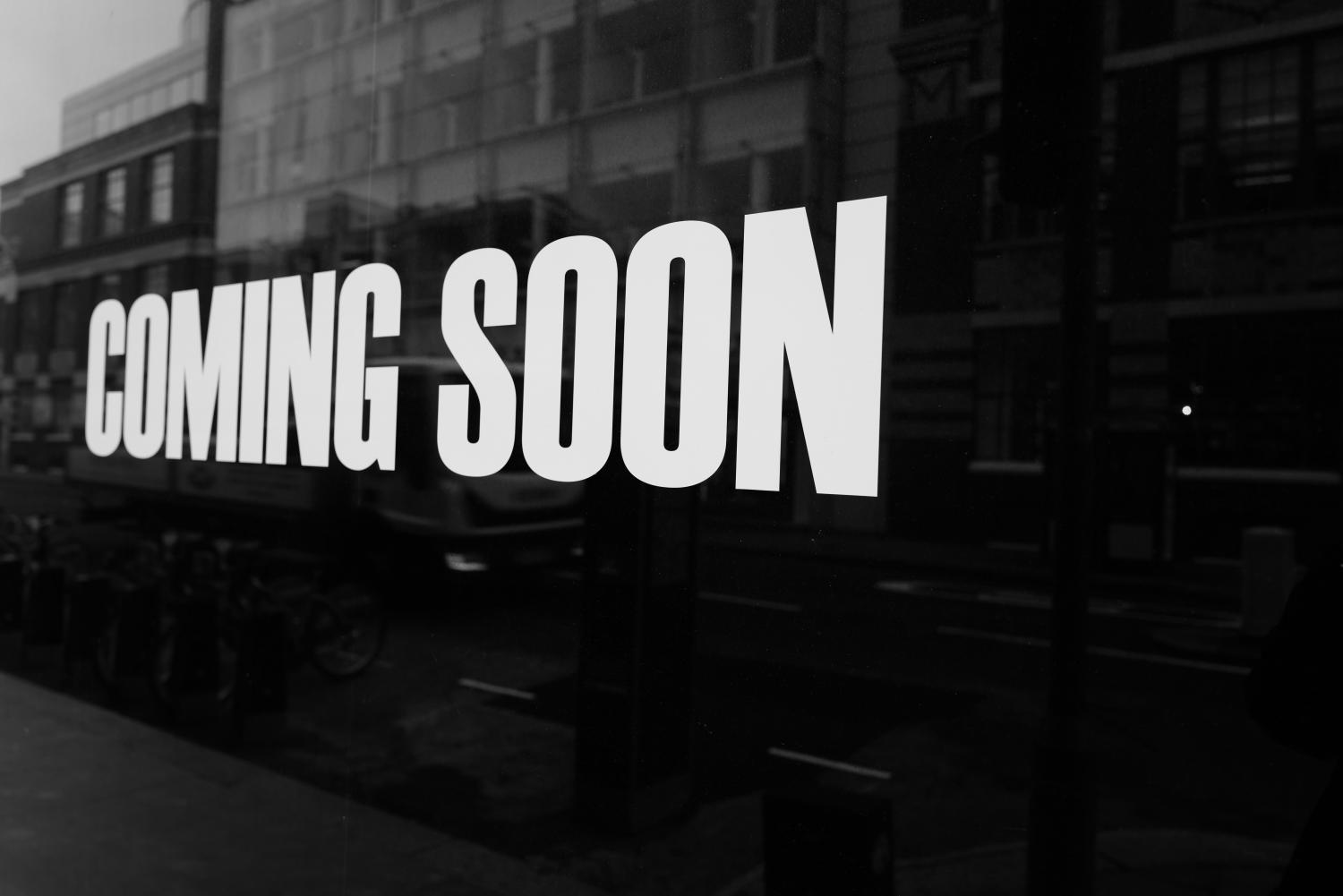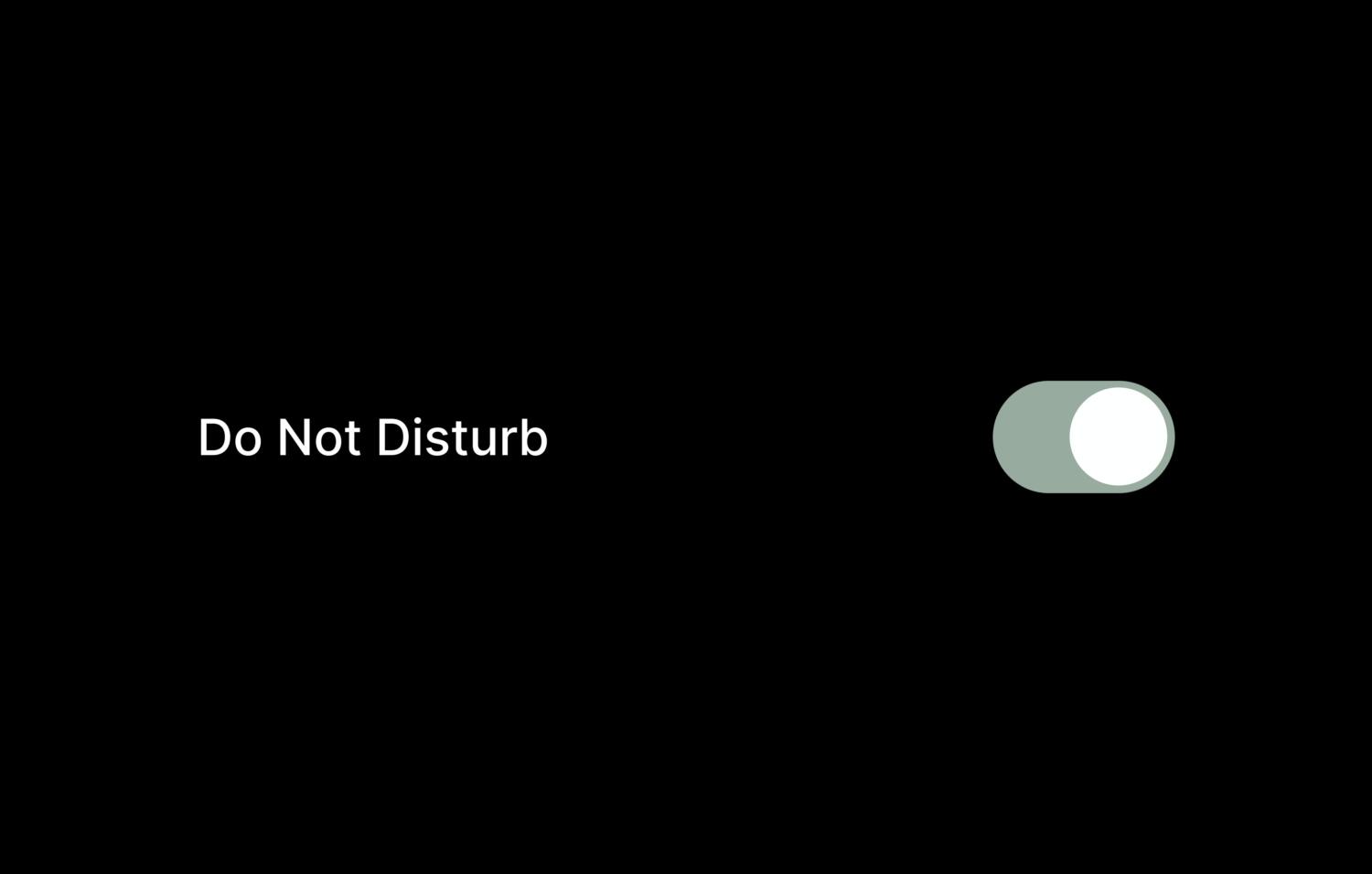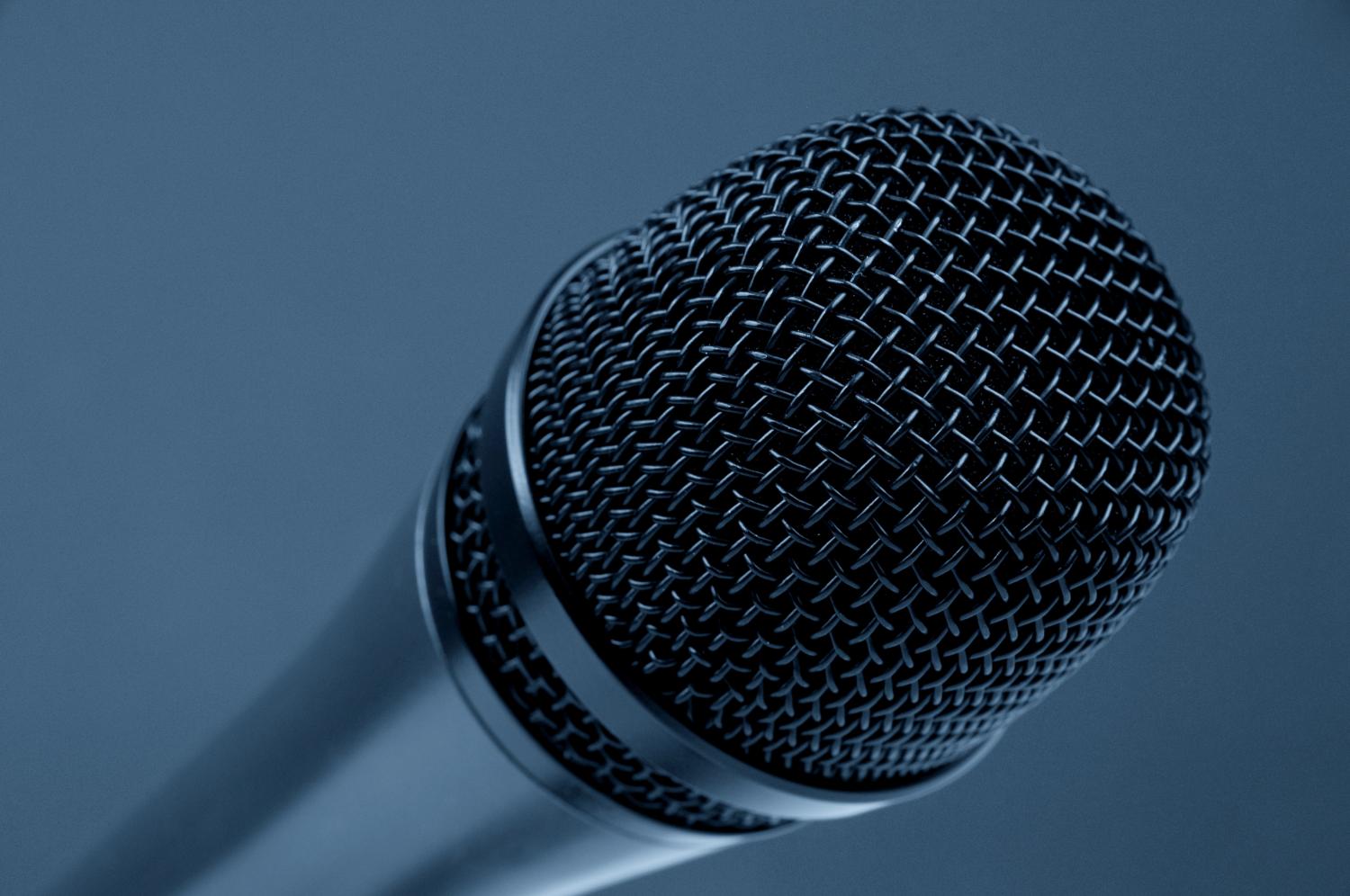Forum Summary: The Importance of Learning History
Author: Ryan Price | Student, Living Education – Charlotte, 2021-22
Estimated Reading Time: 5 min.
History is important, and our understanding of history can shape our view of the world.
But if we judge the men and women of history by our standards, we learn only about ourselves. We must shed our modern biases to better understand history. Having said all of that, and in light of the Russian invasion of Ukraine raging on, Mr. Dexter Wakefield took the Living Education–Charlotte students on a tour through Russian history to bring clarity to current events, as history isn’t just about the past, but also about the present and future.
The Rise of the Soviet Union
Russia has a long history of expansionism. By the end of the Russian monarchy, it was an empire covering a vast territory, yet it wasn’t until Vladimir Lenin and the rise of the Soviet Union that it became a world power. Lenin led the Russian Revolution and overthrew the monarchy. He was considered a great thinker, a highly influential writer, and an utterly ruthless leader. However, as Mr. Wakefield explained, Lenin’s successor, Joseph Stalin, was far worse. From 1928 to 1953, Joseph Stalin ruled the Soviet Union with an iron fist. It is estimated that twenty to thirty million people were killed under his regime—almost twice the carnage of Hitler’s administration! This was due to Stalin’s harsh dealings with those who disagreed with him, as anyone who was in any way opposed to his government was to die by firing squad or be sent to the dreaded gulag.
Mr. Wakefield took a few minutes to reflect on the Soviet Union and Communism by reading a collection of quotes from individuals who either lived through that time or looked back on it. He explained that Stalin’s version of Communism—commonly referred to as Stalinism—focused heavily on not only control of people’s actions, but also control of their thoughts. He illustrated how they could do this with a quote from George Orwell’s novel 1984: “He who controls the past controls the future. He who controls the present controls the past.” Mr. Wakefield warned the students that this is exactly what many are doing today through revisionist history—seeking to control our thoughts so that they can control our actions. While Vladimir Lenin was the father of the Soviet Union, Karl Marx was the father of Communism. As Mr. Wakefield put it, “Marx built the cart, and Lenin put the wheels on.” The Soviet Union was the ideology of Marxism put into practice on a massive scale, and its impact on the world is felt even today.
The Iron Curtain and a European Reset?
Near the end of World War II, Germany was on the decline. With victory imminent, the Allies met to determine the state of postwar Europe. Mr. Wakefield explained that when Winston Churchill, Franklin Roosevelt, and Stalin designed postwar Europe, Stalin promised to provide democratic freedoms to the nations that fell under Russian control. But in truth, he had other plans. While the nations were allowed to elect their leaders, only Communists were allowed to run. Any other party that tried to rise would be swiftly crushed with military action. Thus, Russia absorbed the nations entrusted to it under a unified military command. As the Soviet Union rose in power, NATO was formed for the protection of Europe. These events led to the Cold War, a time through which Mr. Wakefield lived. It is generally accepted that the Cold War ended with the Soviet Union’s fall due to economic pressure and the increasing political freedom of its people. However, Mr. Wakefield expressed that a kind of Cold War is now back on; with Russia’s invasion of Ukraine, there’s a concern that tactical nuclear weapons—small nukes intended for battlefield use—will be deployed, which presents the risk of escalation into a full nuclear exchange. Mr. Wakefield remarked that, until recently, he hadn’t heard these things mentioned in the news since the collapse of the Soviet Union.
The invasion of Ukraine has prompted many European nations to reconsider their place in world politics. For example, Germany has reversed decades of policies overnight and begun rebuilding its military. Catholicism has pushed to bring the Eastern Orthodox religion—which holds sway over much of Russia—into its fold. Vladimir Putin understands the power religion has over Europe and has accused the West of trying to split Russia. The growing alliance between Russia and China could spell trouble for the United States, Mr. Wakefield said, as both nations yearn to see America’s decline and aim to replace the American dollar as the national reserve currency.
Mr. Wakefield stressed that things can happen fast. Biblical prophecy tells us that ten European nations, lending their power to a religiously backed autocrat, will dominate the world scene primarily through finance and trade. They will be in conflict with two powerful alliances from the Middle East and Asia. Could the invasion of Ukraine be the catalyst that leads to a reorganization of the European Union and solidifies a European identity among the nations? Could the Russian territory west of the Ural Mountains be split from Eastern Russia due to political and religious pressure and join the EU as one of the ten end-time nations subservient to the Beast power? Stranger things have happened lately—only time will tell.
In conclusion, Mr. Wakefield told the students that while history is occurring all around us, we must get the facts. He warned us to beware of revisionist history and to critically examine what we hear and see—and above all, to keep Jesus’ charge found in Mark 13:37: “Watch!”









